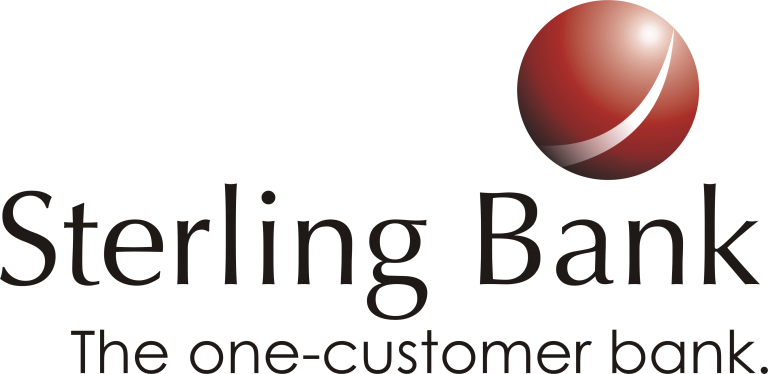In what may be a message to stakeholders that this indeed promises to a very robust year and good start for Abubakar Suleiman, the new chief executive office, Sterling Bank Plc, on Friday presented its performance score-card for the first quarter ended March 31, 2018. The result indicating that profit grew faster than gross earnings indicating a more efficient management of its balance sheet.
Nothing else signpost the good year ahead for shareholders of Sterling Bank Plc, than the fact that net profit translated to Earnings Per Share of 11 kobo, up from the previous seven kobo, indicative of the possibility of better dividend payout at year-end, should the management sustain the tempo. Associated with this is the improvement in the ratio of Non-Performing Loans (NPL) to total loan book, which was reduced from 6.2% at the end of the 2017 full-year to 5.97%.
The result also showed that profit for the period would have much more robust, but for the huge loss sustained by the commercial banking segment of Sterling Bank, which dragged bottom-line south.
According to details of the result submitted to the Nigerian Stock Exchange (NSE), Sterling Bank Plc reported gross earnings of N39.766bn, representing N11.21bn or 39.26% rise from N28.554bn in the 2017Q1. Of this, interest income stood at N31.804bn, up by N6.482bn or 25.59% from N25.322bn, boosted by the N9.788bn from corporate banking; followed by the N5.509bn revenue from retail banking; N5.042bn from treasury; and N4.835bn earned by the commercial banking segment.
Interest expense however grew faster, rising by N7.601bn or 64.33% from N11.814bn in the 2017Q1, to N19.415bn, driven by the N7.998bn from the retail banking segment, through it into a net interest loss of N2.489bn. Conversely, interest expenses from corporate banking was moderate at N2.19bn, resulting in net interest income from that segment of N7.599bn; commercial banking reported N2.603bn expense with NII stood at N2.232bn; Treasury’s interest expense stood at N3.716bn, leaving NII at N1.326bn; among others.
resulting in net interest income of N12.389bn, a drop by N1.119bn or 8.28%.
Fees and commission income for the period climbed to N3.636bn, compared to N2.723bn; Net gain on financial instrument at face value stood at N3.674bn from a loss of N911m previously. Other operating income however caved in to N652m from N1.42bn; resulting in operating income of N20.351bn, as against the previous N16.74bn.
With credit loss expense on financial assets of N1.254bn, down from N2.51bn, net operating income after impairment increased to N19.097bn, from N14.23bn.
Sterling Bank Plc’s personnel expenses increased to N3.181bn from N2.878bn; other operating expenses stood at N3.608bn from N3.164bn; just as general and administrative expenses almost doubled from N3.519bn in 2017Q1, to N6.022bn. Other property, plant and equipment cost, as well as depreciation and amortization left total tax expenses at N15.922bn, up from N12.199bn for the period under review.
Profit before tax for the period therefore climbed N1.144bn or 56.32% up from N2.031bn in March 2017, to N3.175bn; while income tax declined by half also to N75m from N155m, profit after tax was up by N1.224bn or 65.24% to N3.1bn.
For the period also, the most profitable business segment for Sterling Bank was therefore institutional banking, which recorded N1.414bn; followed by the 1.258bn from corporate banking; while retail banking posted N752m profit; ahead of the N560m contributed by treasury, while commercial banking segment suffered a N1.058bn loss. This therefore presupposes that the management would focus more attention on the lagging business unit, without losing sight of the honey pots in the months ahead.
For Sterling Bank, total assets for the period dropped slightly to N1.049tr from N1.072tr, the bulk of which remained customer loans, which increased marginally to N609.785bn, from N598.073bn. Total liabilities, on the other hand slowed down to N955.623bn, from N969.399bn in the previous first quarter, even while customer deposits rose from N684.834bn to N718.496bn.
Shareholders’ funds dropped to N93.974bn from N102.938bn in the period under review.
Trending Today
Menu








